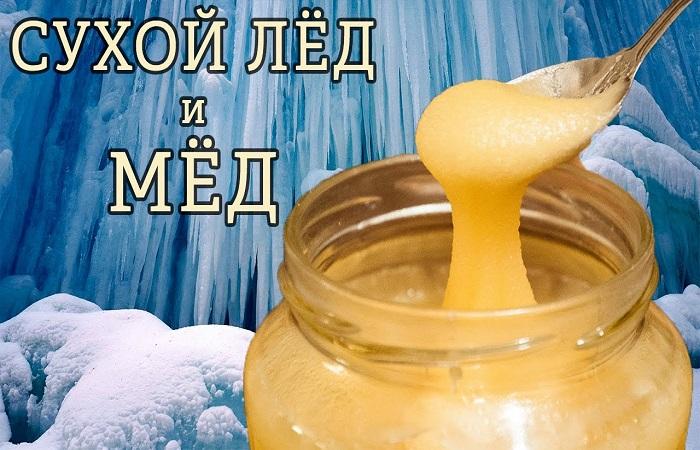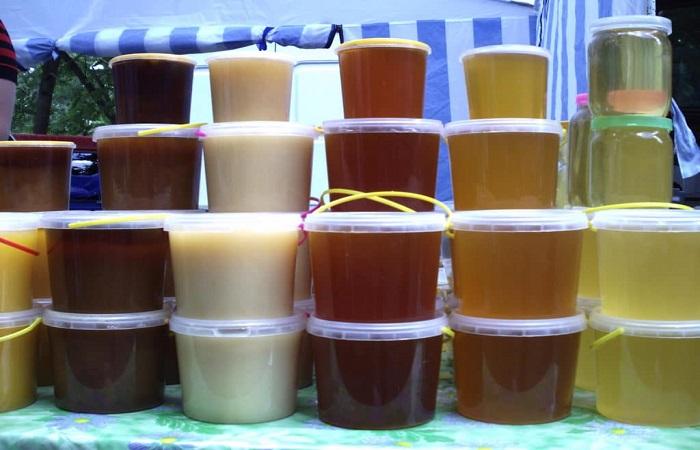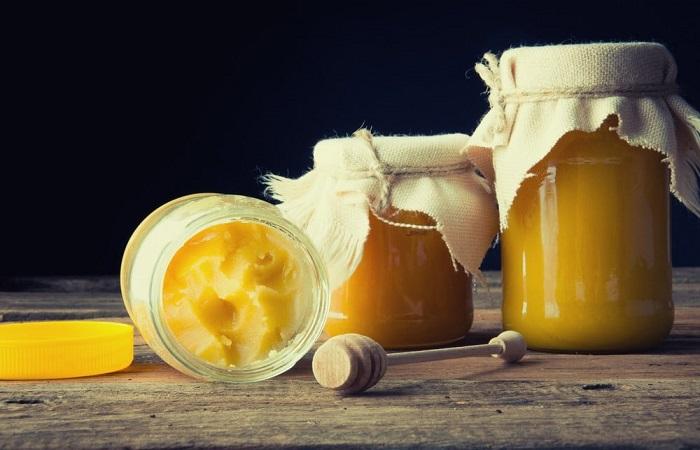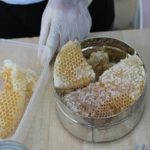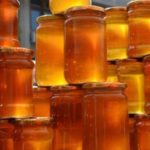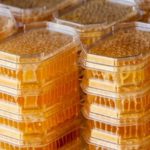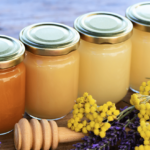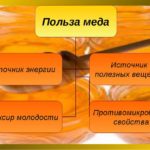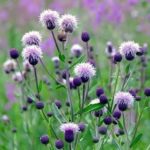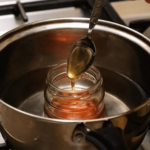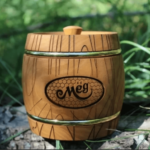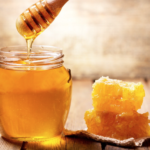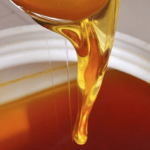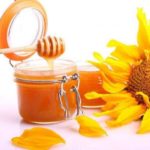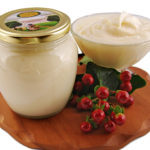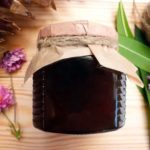The healing properties of honey have been known to mankind since ancient times. When properly stored, flower nectar has virtually no shelf life, retaining its unique composition of nutrients and beneficial substances. Next, we will learn in detail what rules must be followed for storing a valuable product, and whether it is possible to freeze natural bee honey at home.
Is it possible to freeze natural honey?
The natural medium for flower nectar is honeycombs. After extracting honey from the hive, the product must be provided with the correct storage conditions:
- low humidity;
- lack of sunlight;
- containers made from natural materials or special plastic containers;
- air temperature not exceeding -5 to +20 degrees.
In winter, beekeepers insulate their hives, preventing the death of insects and reducing the likelihood of healing nectar freezing.
At home, containers with sweets are usually stored in kitchen cabinets, where it is difficult to maintain the desired temperature and air humidity. To increase the shelf life of a healthy and tasty delicacy, it is packaged in small portions and stored in the freezer.
Important! Properly frozen honey retains all its beneficial properties and qualities.
What happens to the product when frozen
Both at too high and too low temperatures, flower nectar loses its beneficial and medicinal properties.
Correct temperature
A natural beekeeping product contains up to 20% moisture, so even at -2 degrees the nectar freezes. To constantly maintain the frozen state of sweetness, the temperature can be lowered to -15 degrees. At lower levels, irreversible chemical processes begin, and medicinal nectar loses its beneficial and healing characteristics.
Important! Store frozen product in portioned containers.After defrosting, the treat must be used completely.
Suitable containers for freezing
The quality and taste of honey largely depend on the container for storing it.
- It is prohibited to store bee nectar in copper or zinc containers. Honey in such containers undergoes oxidation, which negatively affects its value, taste and can harm human health.
- Another property of honey is its susceptibility to various odors, which the product absorbs. Therefore, containers for storing nectar must be sterile and tightly sealed.
- The frozen product is stored in glass or ceramic containers. It is best to choose small dark glass jars with a tight-fitting lid. To defrost, such a jar is placed in a water bath and the honey contained in it is dissolved at a temperature of no more than 40 degrees.
- Small, portioned containers made of special food-grade plastic are also suitable for storage in the cold.
- Wooden containers are not suitable for freezing the product. The tree quickly absorbs moisture and just as quickly releases it, which when defrosting the nectar will negatively affect the taste and healing properties of the delicacy. To store honey in a cellar, the inside of oak, alder or linden barrels is treated with a thick layer of wax, and only then filled with honey.
- In porcelain containers, the beekeeping product is stored for a long time and does not lose its beneficial properties.
Important! Ceramic jars and pots for storing flower nectar inside must be coated with a special glaze.
General recommendations
To extend the shelf life of frozen nectar, you must adhere to the following rules:
- the temperature in the freezer should not be lower than -15 degrees, otherwise the healing gift will lose its taste and beneficial properties;
- Before freezing, the delicacy is placed in small containers so that the product can be used quickly after defrosting;
- store the bee gift in tightly sealed jars, pots or containers;
- in the freezer, delicacies are not placed next to meat and fish products;
- Defrost the sweets in a water bath at a temperature not exceeding 40 degrees or under natural conditions.
Coniferous containers are not suitable for storing bee nectar. In such a container, honey acquires a dark color, a specific smell and a bitter taste. Also, you should not freeze a product that has already been thawed.

